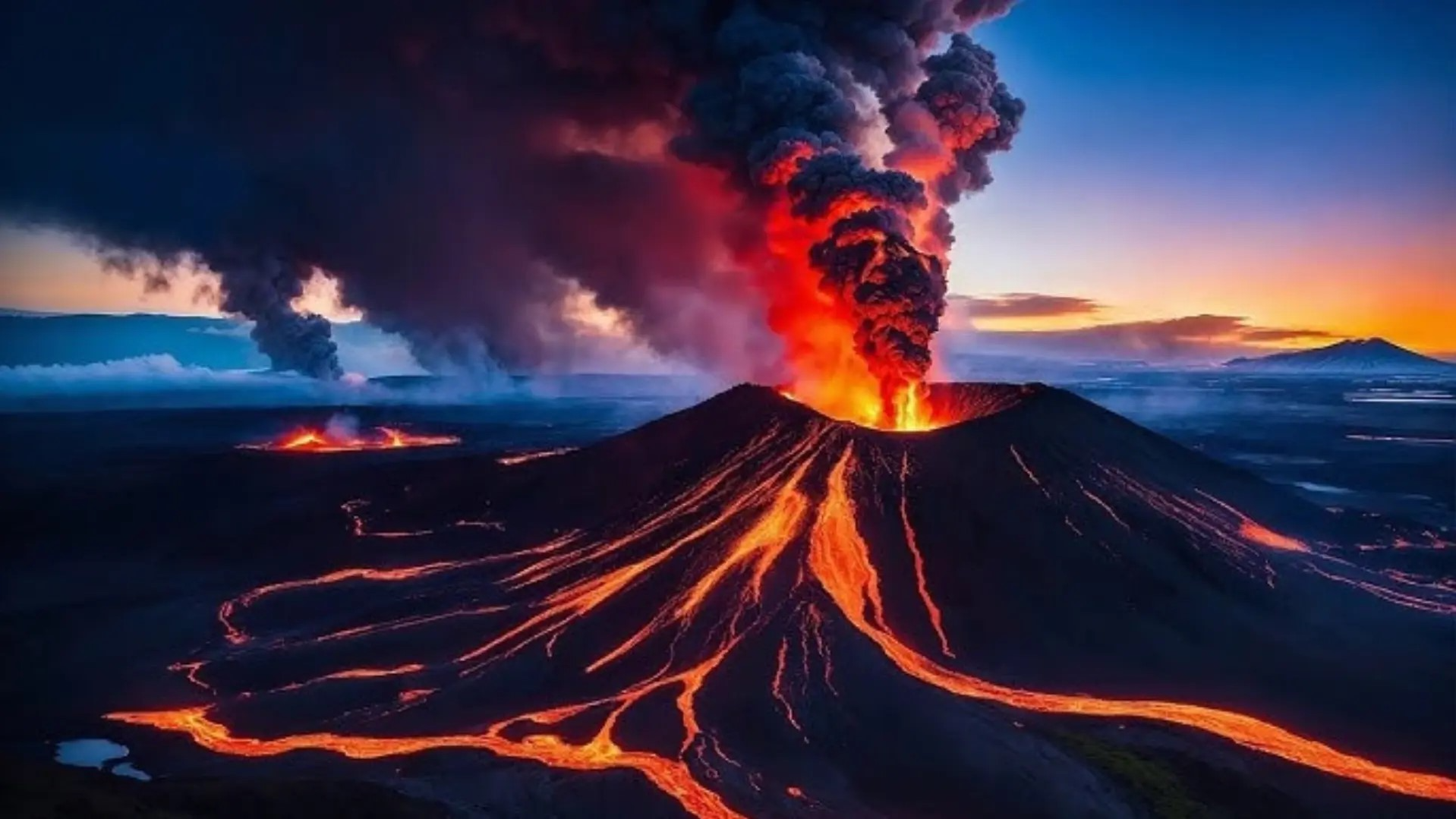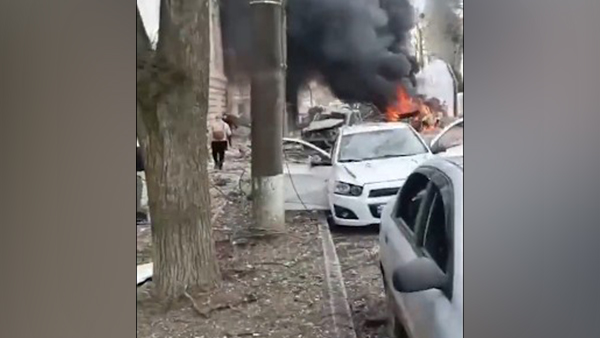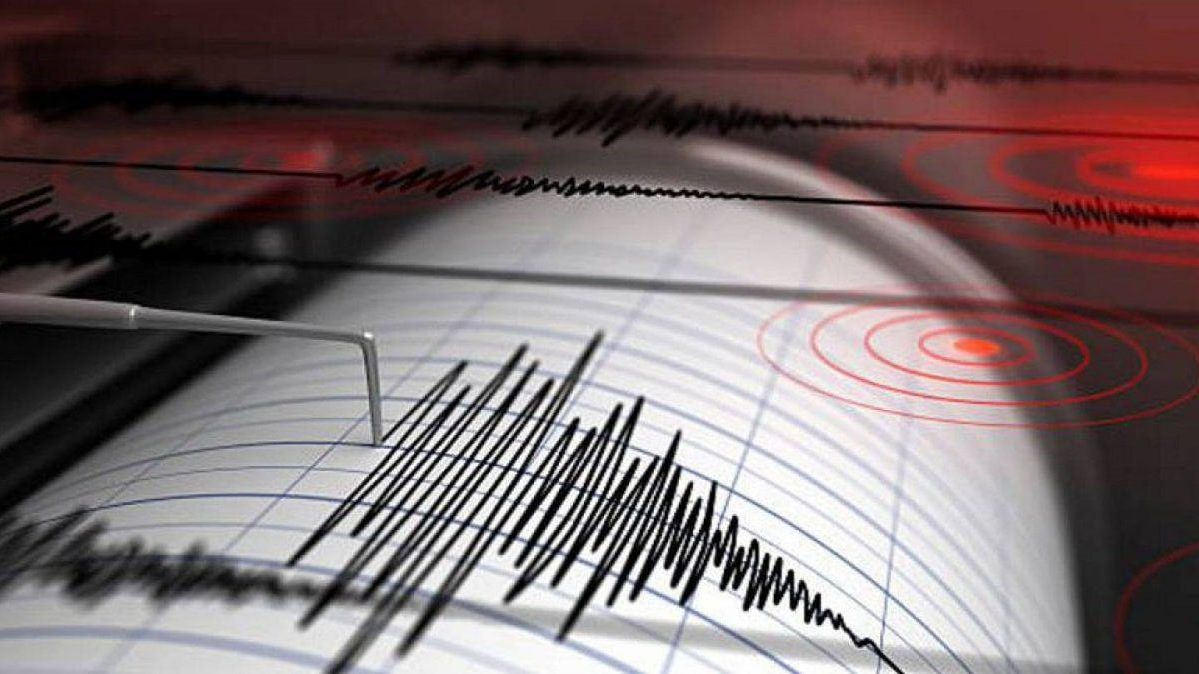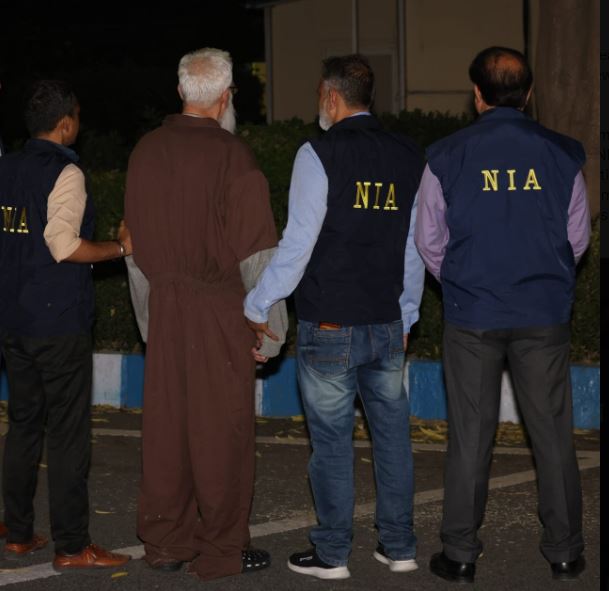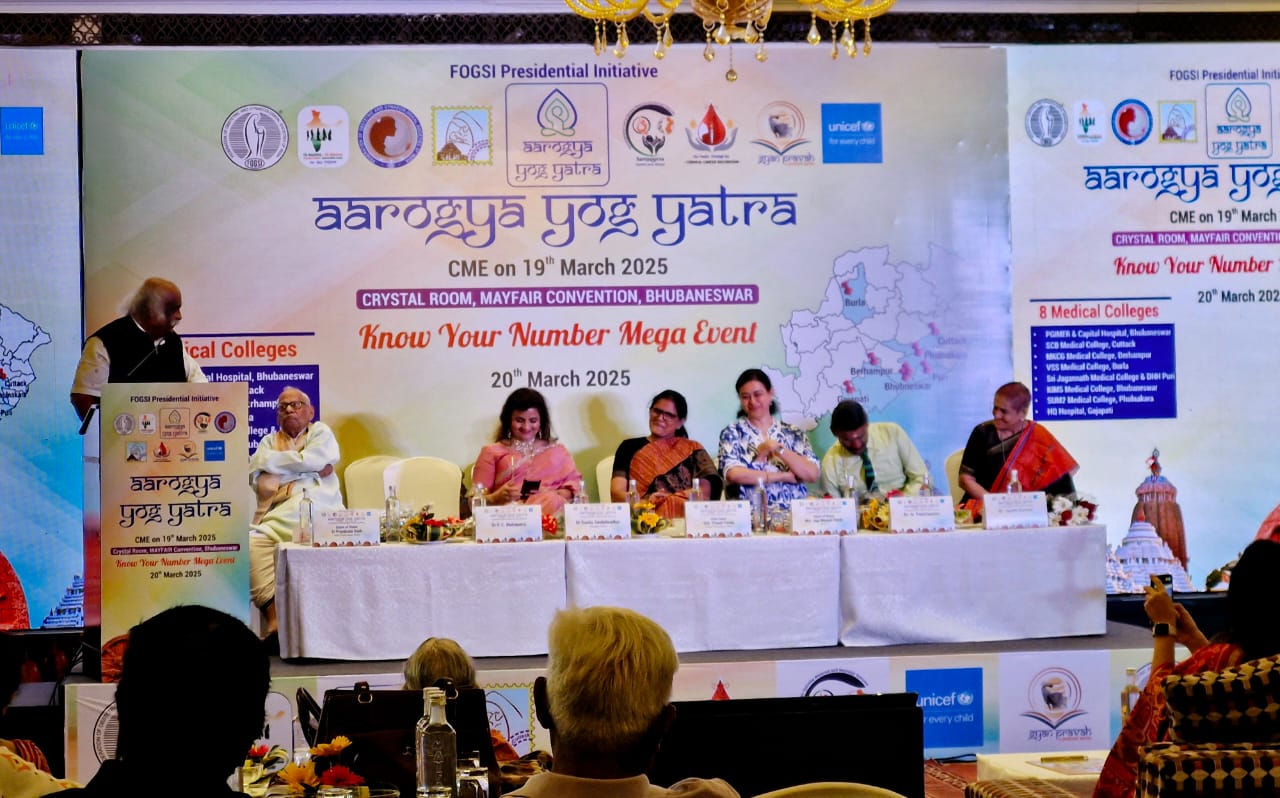The idyllic island of Bali, a haven of pristine beaches, vibrant culture, and lush volcanic landscapes, is facing an unexpected adversary: a volcanic eruption that has disrupted its tranquility and cast a shadow over its tourism industry. Mount Lewotobi Laki-Laki, a formidable volcano located on the nearby island of Flores, has been spewing ash and volcanic debris since its initial eruption on November 4th. This catastrophic event tragically claimed nine lives, injured dozens more, and blanketed surrounding villages in a thick layer of ash. Now, the ongoing volcanic activity has reached Bali, forcing airlines to cancel flights, leaving travelers stranded and raising concerns about the long-term impact on the island's economy.
A Volcano's Fury Unleashed:
The eruption of Mount Lewotobi Laki-Laki has painted a dramatic and devastating picture across the region:
Towering ash clouds: The volcano has ejected massive columns of ash, reaching heights of up to 9 kilometers (5.5 miles). These ash clouds, visible from miles away, pose a significant hazard to aviation, reducing visibility and potentially damaging aircraft engines.
Expanding danger zone: As the volcano continues to erupt intermittently, authorities have expanded the danger zone to a 9-kilometer radius. This exclusion zone aims to protect residents from the continuous expulsion of volcanic materials, including scorching rocks, lava flows, and hot, fast-moving pyroclastic flows.
Bali's skies under siege: The prevailing winds have carried the volcanic ash towards Bali, creating a hazy pall over the island and significantly impacting air quality. This ash poses a serious risk to aircraft, leading to widespread flight cancellations and disruptions.
Travel disruptions and tourist ordeals:
The disruption to air travel has triggered a cascade of challenges for tourists in Bali:
Stranded in paradise: Thousands of travelers find themselves stranded at Bali's I Gusti Ngurah Rai International Airport, their travel plans thrown into disarray by cancelled flights and indefinite delays. Many are facing long wait times, limited information, and mounting frustration as they navigate the uncertainty.
Accommodation scramble: The sudden influx of stranded travelers has put a strain on Bali's accommodation capacity. Hotels and resorts are rapidly filling up, leaving many scrambling to find alternative lodging arrangements. Some tourists have reported being forced to sleep at the airport or seek shelter in makeshift accommodations.
Communication breakdown: Adding to the challenges, some travelers have expressed frustration with the lack of clear communication and assistance from airlines. Many are struggling to obtain accurate information about flight rescheduling’s, rebooking options, and potential refunds.
Beyond the immediate impact:
The volcanic eruption has far-reaching implications that extend beyond the immediate travel disruptions:
Economic fallout: Tourism is a cornerstone of Bali's economy, and the disruption to air travel is expected to have a significant financial impact on the island. Businesses dependent on tourism, such as hotels, restaurants, tour operators, and transportation providers, are likely to experience a sharp decline in revenue.
Environmental concerns: The volcanic ash and debris can have detrimental effects on the environment. Ashfall can contaminate water sources, damage crops, and disrupt ecosystems. The long-term environmental impact of the eruption will need to be carefully assessed and managed.
Psychological impact: The eruption and its aftermath can have a psychological impact on both residents and visitors. The experience of witnessing a natural disaster, coupled with the uncertainty and disruption to daily life, can lead to anxiety, stress, and even trauma.
Responding to the crisis:
Authorities and the travel industry are working in concert to manage the situation and mitigate the impact of the eruption:
Aviation response: Airport officials are closely monitoring the volcanic activity and coordinating with airlines to adjust flight schedules and minimize disruptions. Airlines are offering rebooking options, waivers on change fees, and, in some cases, refunds to affected passengers.
Tourist support: Efforts are underway to provide assistance to stranded tourists, including setting up information desks at the airport, coordinating accommodation arrangements, and facilitating alternative travel options.
Community resilience: Local communities are demonstrating resilience and solidarity in the face of adversity, offering support to displaced residents and assisting with cleanup and recovery efforts.
Test of resilience:
This volcanic eruption serves as a stark reminder of the power of nature and the interconnectedness of our world. Bali, a popular tourist destination known for its beauty and tranquility, now faces a challenging test of its resilience. The collaborative efforts of authorities, the travel industry, and local communities will be crucial in navigating the challenges, supporting those affected, and ensuring the long-term recovery of this island paradise.
Call for preparedness:
The eruption also highlights the importance of preparedness for natural disasters, both for individuals and for the tourism industry as a whole. Travelers should be aware of potential risks, have contingency plans in place, and consider travel insurance that covers natural disasters. The travel industry, in turn, needs to strengthen its crisis management protocols and communication strategies to effectively respond to such events and minimize disruptions to travelers.
As Bali navigates the aftermath of this volcanic eruption, the world watches with hope and concern. The island's ability to recover and rebuild will depend on the collective efforts of its people, the support of the international community, and a commitment to sustainable tourism practices that prioritize both the environment and the well-being of its residents and visitors.
DISCLAIMER: This brief synthesizes information from various public sources and offers the author's own insights and analysis on the subject matter.








